Shelley
My husband was diagnosed with Alzheimer’s disease on June 27, 2014, at the age of 60.
Bruce had been showing symptoms for two years. We were first seen in Kingston in September 2013, when we were first told that it might be dementia. Because it was atypical, we were sent off to Sunnybrook where they confirmed the diagnosis.
My husband was devastated. He had no idea that he had such a disease. Bruce has never been sick a day in his life. He had never taken any medications, not even for pain relief. My reaction was one of panic. All these things go through your head at once. That day, we lost the major income to our family, benefits, a driver, a lifestyle. There are a million things to keep you awake at night, worrying—how will it affect us?
People are either afraid of Bruce and avoid him, or they smother him. But he knows what is going on. He doesn’t feel that he is invalid, and he does not want to be treated as a child. Our health-care providers have helped us by being very supportive and compassionate.
I have friends and family who, still to this day, think that Bruce has been misdiagnosed. Most of them think that he’s doing great, but they don’t see what goes on at home. They seem to be in denial and are unaware of what’s happening in Bruce’s life. Nor do they understand the lifestyle change that we have to make. Just the financial stress alone has affected our lives tremendously. We cannot go out, buy everyone presents, and have big family meals like we used to.
I think that the stigma is still geared towards assuming that that dementia only happens when you’re old. Bruce looks like every other young and healthy 63-year-old. When I have to explain to a salesperson that my husband has Alzheimer’s, they sometimes think I’m joking. Upon first learning, many people tell us how their 80- or 90-year-old grandparent has dementia. I am tired of hearing that…we are not old! We are young! We’re still working towards our retirement, our kids are still at home, our mortgage is not paid off and yet we have just been cut off at the knees. People don’t realize that as a caregiver I still have to work. We are not seniors yet so we still have to pay for our medications. We rely on my benefits. What happens when I need to stay home and look after my partner?
Perhaps it would be different if Bruce had a visible disability, as people would see, know and understand. But this is not one of those things. You can have young onset dementia and also be a perfectly happy, healthy and active person to look at, but it’s still a total life-changer in the prime of someone’s life, affecting them and their family.
That’s why more initiatives like the Blue Umbrella Project are needed, where people living with dementia self-identify by wearing a blue umbrella on their lapel. More public talks are needed, too, to explain that people with dementia seem like every day, normal people. Have someone like Bruce at these talks, and ask the audience if they would recognize someone living with dementia like Bruce. They would not think that Bruce has dementia, but Bruce can’t drive, he cannot count money, he cannot remember his address or a phone number. But he sure looks young, healthy and handsome!
Comments
We may use your information in order to track your relationship with us and our site(s). We do NOT share your information with third parties.
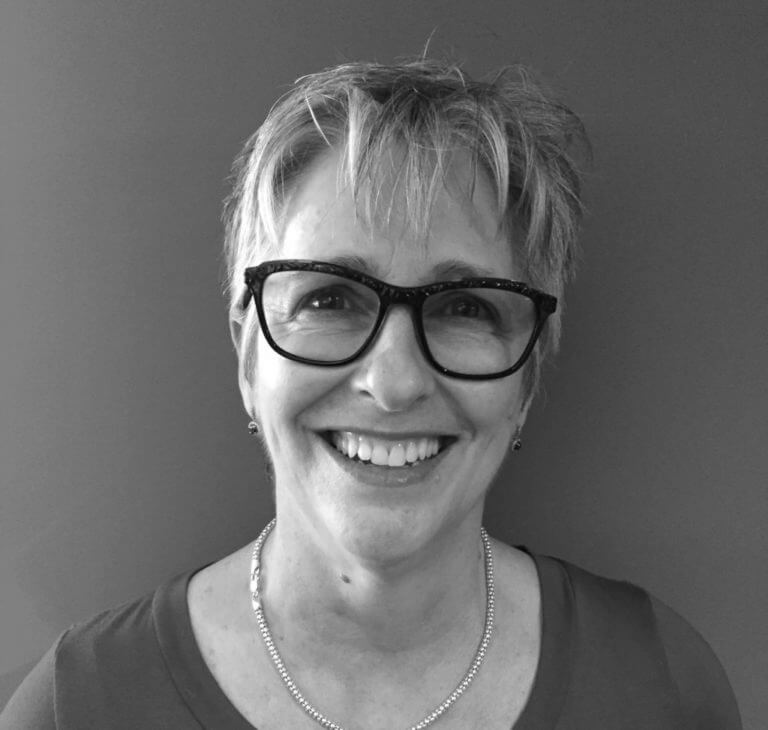
HERE ARE MY TIPS TO HELP YOU UNDERSTAND:
- They are still the same person. You don’t have to speak louder or slower, or treat them like a child.
- Do not exile them from your lives. They still want to be involved, and ask to go places.
- Be patient. It is sometimes difficult to get a thought out. If you try and help, the thought can get lost. Wait for it instead.
- Be there for them, even if it is a trip to the store or a short drive. When one has driven and worked all their life and is now unable to do both, being housebound leaves a feeling of helplessness.
- Don’t forget that the caregiver is on duty 24/7. People are not afraid to ask how it’s going, but they don’t really want to listen to an actual answer. So, I have started to answer back, “Not well, but thanks for asking.”
-
More Stories
-
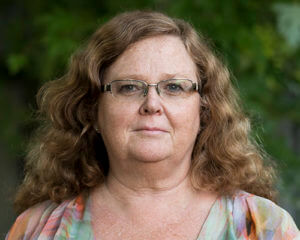
Jane
2019
Ontario
-
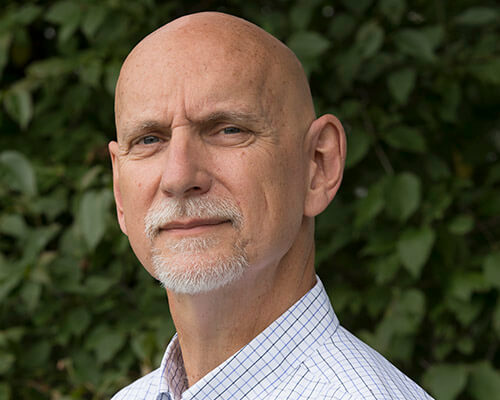
Keith
2019
Ontario
-
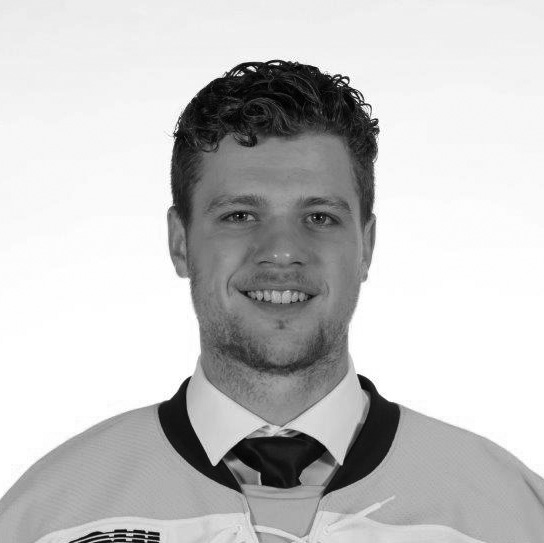
Liam
2018
Ontario
-
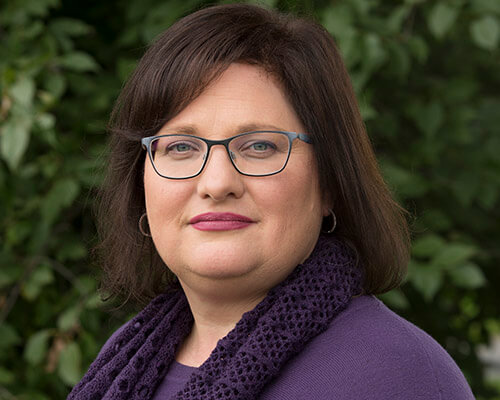
Robin
2019
Ontario

Rick 1872 days ago
Fascinating! Thanks.